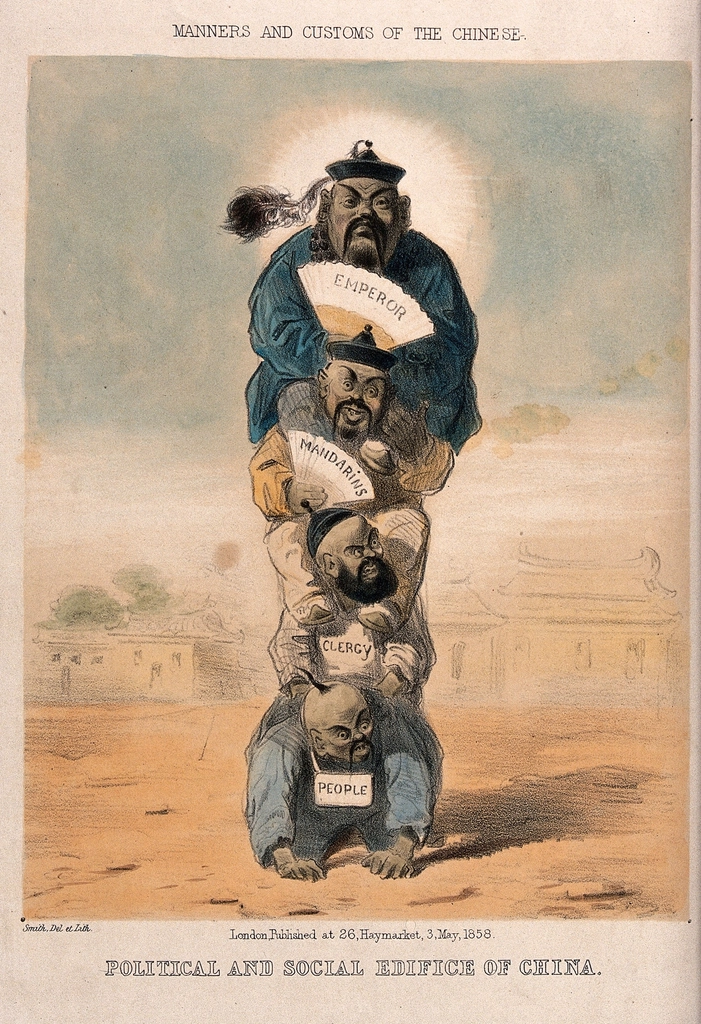In theory, civil servants swear an oath to the constitution, provide honest counsel, and act with integrity. In practice? They quickly learn the unspoken rule: loyalty gets rewarded, effectiveness gets you transferred. This isn’t some unique pathology – from Zimbabwe to the U.S., almost every bureaucracy eventually prioritizes political alignment over factual accuracy.
The Legal Fiction vs. The Reality
Sure, the laws say civil servants must:
- Take personal responsibility for their actions
- Voice concerns about unlawful orders
- Advise superiors honestly
But let’s be real – how often does this actually happen? Hierarchies exist to suppress dissent, and career incentives favor conformity.
New hires enter full of ideals, but do you really think inconvenient truths make it to leadership? That’s the naïve fantasy of academics who’ve never spent a day in government. These systems aren’t truth-seeking mechanisms – they’re all about career advancement.
Consider the U.S. intelligence failures in Vietnam or assessments of the Soviet Union. Were there no analysts who saw the flaws in official narratives? Of course there were – but those who contradicted the prevailing political wisdom were sidelined, ignored, or reassigned. Promotion depends on demonstrating loyalty, and the surest way to do that is to tell superiors what they want to hear.
Why Truth Gets Buried
- Fear of Backlash – Civil servants who challenge leadership risk being labeled “difficult” or “disloyal.” The few who persist are often exiled to the basement office monitoring paperclip inventories until they learn the game.
- Self-Preservation – Most leaders don’t want reports suggesting they were wrong or made a mistake! And If things go badly, they want to be able to blame “poor reporting”. They won’t have this loophole closed by accurate information!
- The Illusion of Objectivity – Even well-meaning politicians do not realize how much they are fed lip-service analyses rather than hard truths. There’s no explicit order to lie – just a system that punishes honesty.
How to Actually Fix It (If Anyone Really Wanted To)
- Lead by Example – Publicly praise and promote those who speak uncomfortable truths. A fish rots from the head – if leaders reward honesty, others will follow.
- Make “disagreeing with superiors” a mandatory performance metric.
- Require rotating dissenters into leadership briefings.
- Mandate Ethical Reminders – Have civil servants watch the Milgram electroshock experiment annually to remind them of the dangers of blind obedience.
- Bypass Mechanisms – Establish confidential channels for civil servants to escalate concerns without retaliation if their assessments are suppressed for political reasons.
- Reinforce Legal Duties – Remind bureaucrats that their first obligation is to the law and facts, not to pleasing superiors. Fear-driven employees respond to clear rules – emphasize that failing to advise truthfully is a breach of duty.
Conclusion: The System Works As Designed
This isn’t some accidental flaw – it’s the inevitable result of mixing politics with permanent bureaucracies. Until telling hard truths gets rewarded more than delivering convenient fictions, nothing will change. But let’s be honest: which leader actually wants advisors who might say “this is illegal” or “you’re wrong.” Only the very best…
The game continues because it works – for everyone except the public.





